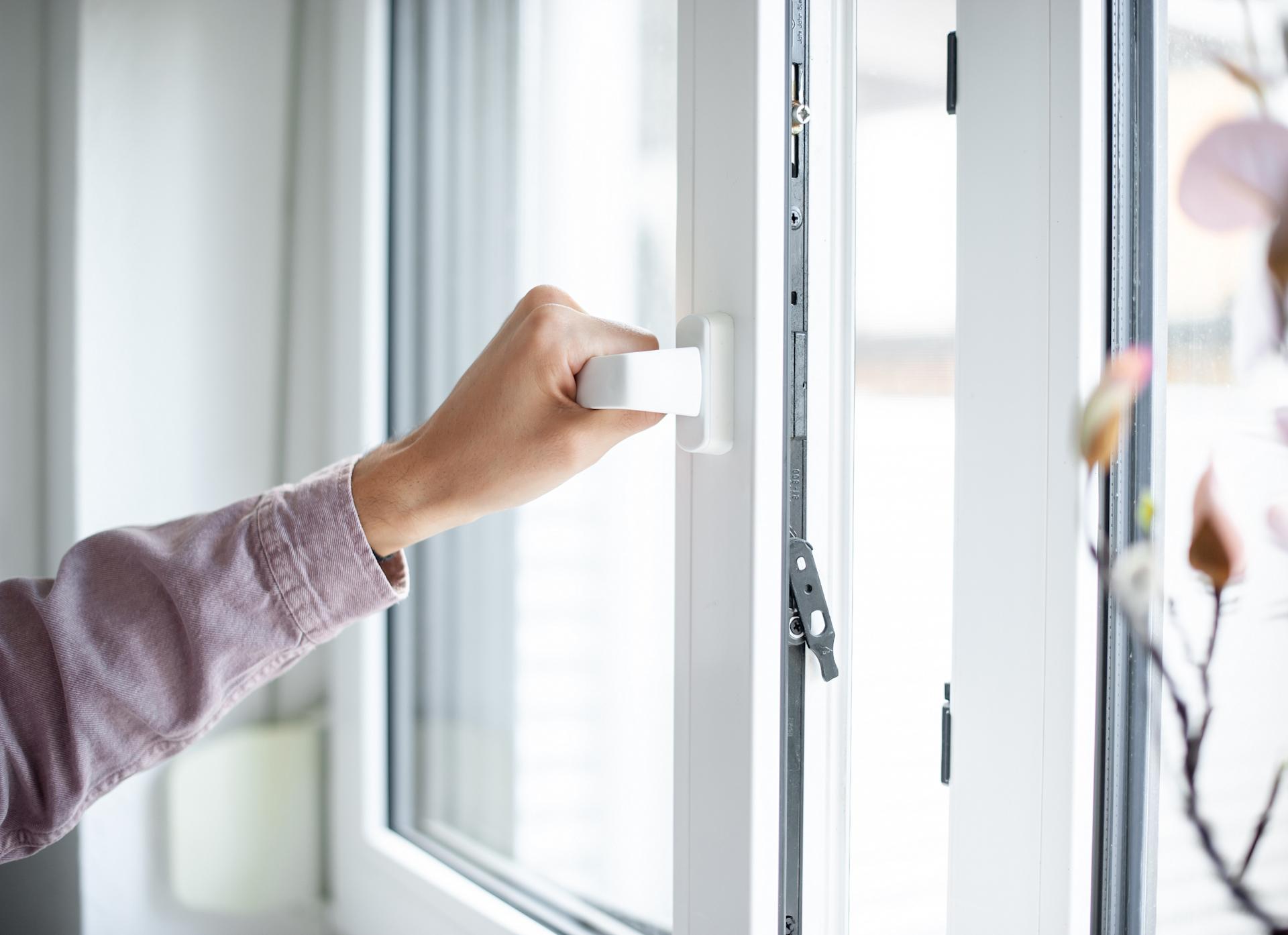
Climate & energy
Maximising your electric car's lifespan
What can you do to ensure that the batterie continues to work perfectly for many years to come?
navigation

Climate & energy
Mould on the walls or in the shower? High electricity bill? Airing your home properly prevents mould and cuts energy wastage. Six tips for airing your home properly.
This will minimise the loss of valuable energy when you air your home. The federal government currently recommends a maximum room temperature of 21 degrees in the home. Good to know: reducing the temperature by one degree cuts heating energy consumption by ten per cent.
Humidity makes for a good indoor climate. Around 30 to 50 per cent relative humidity is ideal, according to the energy supplier Elektrizitätswerk Zürich (EWZ). Good to know: you should also air your home when it’s raining and/or foggy, as it is still drier outside than inside. More on this in the next tip.
Impact ventilation means widely opening a window for a short time to allow air to circulate fully. It’s even better to combine impact ventilation with cross ventilation, if you are able to, by opening the windows in opposite-facing rooms and keeping room doors open to create a draught. This will dispel odours, pollutants and excess moisture. Tip: two to four times a day for five to eight minutes.
Cooking and showering create the most moisture, leading to the spread of mould. You therefore need to pay particular attention to the indoor climate every time you shower or cook. If possible, combine impact ventilation with cross ventilation when cooking or showering. If there’s no window, use a dry cloth to simply remove excess water from surfaces. The same applies to bedroom windows, where condensation frequently forms.
Exterior walls are generally somewhat colder than interior walls, meaning they are particularly good at absorbing moisture. Position furniture slightly away from the wall to ensure good air circulation and prevent mould.
Keeping your windows in the tilted position for too long wastes energy, encourages mould growth and doesn’t improve the air quality that much. Keep the window sill completely free so that you can open the window fully for impact ventilation or cross ventilation.
Source: Elektrizitätswerk Zürich
Published 28.6.2023, revised 27.11.2024
You thereby save electricity as well as energy and help to protect the climate.